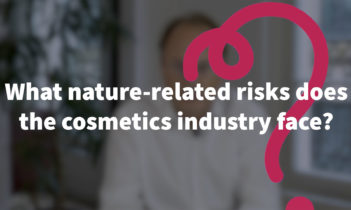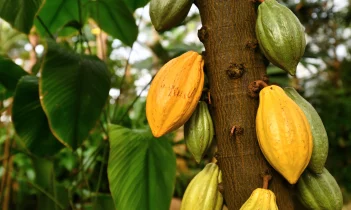CarbonMaps | The global food system is the primary driver of biodiversity loss. Agriculture alone has been identified as the threat to 86% of species at risk of extinction and accounts for roughly 30% of global greenhouse gas emissions, 80% of deforestation, and 70% of water consumption. This has dangerous or even irreversible consequences on ecological resilience, which directly affects businesses’ resilience. According to Elsa Maurice, Biodiversity Lead Consultant at Quantis, today many agri-food companies are working solely on climate, and it’s time to stop working in silos as the food industry is one of the only sectors that is both a source of impacts and solutions.

Latest resources

What nature-related risks does the pharma industry face?
By protecting biodiversity and natural ecosystems, the pharmaceutical industry can mitigate risks and build long-term resilience.

World Cocoa Foundation publishes first ever greenhouse gas accounting standard for the cocoa sector
World Cocoa Foundation & Quantis launch first-ever GHG standard, helping the cocoa sector measure, report, and cut emissions consistently.

Accelerating progress to 2030 climate targets
Allon Zeitoun and Géraldine Noé sit down to discuss the progress made, challenges ahead and what companies can do to accelerate action to 2030 targets.
